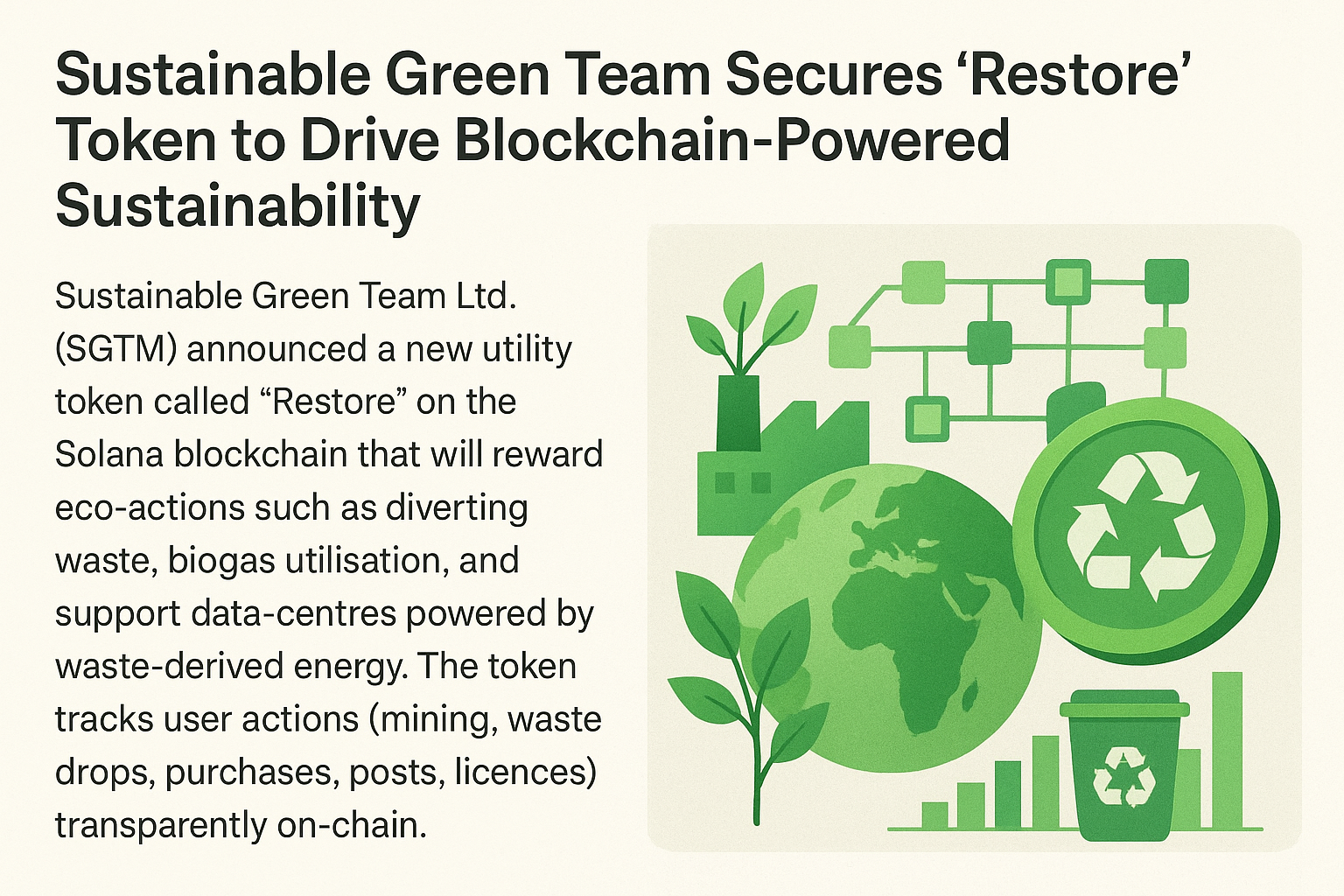The European Union is embracing a new frontier in sustainability through the Digital Product Passport (DPP) initiative—powered by non-fungible tokens (NFTs). As part of sweeping new regulations aimed at supporting the circular economy, DPPs are set to revolutionize product transparency, tracking, and lifecycle management.
What Are Digital Product Passports?
A Digital Product Passport is a digitized record containing comprehensive data about a product’s materials, origin, environmental impact, repairs, and ownership history. It acts as a digital twin, following the product across its life cycle—from production to disposal or reuse.
What sets the current initiative apart is its integration with blockchain and NFT technology. By tokenizing each product’s data, Europe ensures that the information is immutable, tamper-proof, and universally accessible across supply chains and user networks.
Why NFTs?
NFTs offer a secure and standardized way to store and share product metadata. When tied to physical products, they create a bridge between the digital and physical world:
-
Each product gets a unique NFT identifier
-
Ownership and lifecycle events are logged in real time
-
Manufacturers, regulators, and consumers can verify authenticity and sustainability
This method prevents fraud, supports ethical sourcing, and enables informed consumer decisions.
EU Regulations Driving the Shift
As part of the European Green Deal and the EcoDesign for Sustainable Products Regulation (ESPR), the EU is mandating DPPs for high-impact product categories like textiles, electronics, and batteries.
Starting as early as 2026, all products in selected categories will require a DPP. This move is designed to:
-
Promote repairability and recyclability
-
Fight greenwashing
-
Enable cross-border data sharing and product recalls
-
Encourage sustainable design and procurement
By using NFTs, the DPP becomes not just a compliance tool—but an interactive sustainability layer on top of traditional manufacturing and retail.
A Win-Win for Consumers, Brands, and the Planet
-
Consumers can scan QR codes or access digital wallets to view detailed product data before purchasing
-
Brands gain reputation advantages by proving their sustainability claims
-
Governments and NGOs can track circularity metrics and reduce waste
The NFTs used in this system are not speculative assets—they serve a functional purpose in data verification, enabling transparency that was previously unattainable.
Industry Adoption and Beyond
Major fashion and electronics brands are already piloting DPP-integrated supply chains. From luxury apparel with embedded NFC tags to modular smartphones with full component history, the ecosystem is quickly evolving.
And beyond Europe, other regions may follow suit as sustainable consumption becomes a global priority.
The integration of NFTs into Europe’s Digital Product Passport framework is more than a technological experiment—it’s a rethink of how we define, track, and value products. In a world where sustainability must be provable, NFT-backed transparency may soon become the gold standard.




